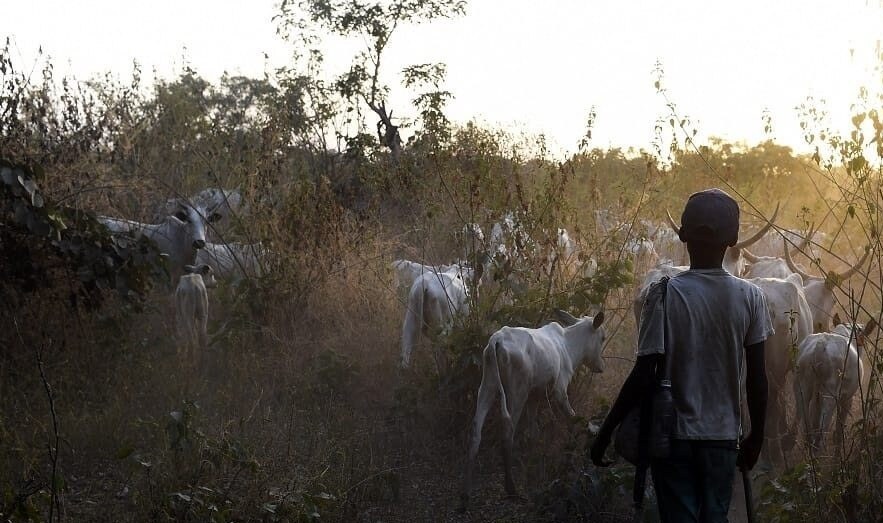Why Child Herders, Others, Should Not Be Discriminated Against – NHRC
The National Human Rights Commission (NHRC) has said that child cattle herders should enjoy equal rights with other Nigerian children and must not suffer any form of discrimination because of their Fulani ethnicity.
NHRC’s Director, Women, Children and Vulnerable Groups Department, Harry Ogwuche Obe Esq, made this known on Wednesday while answering questions in commemoration of the Day of The African Child held in Abuja.
Advertisement
The day is marked for remembrance of hundreds of black children gunned down on 16th June 1976 in Soweto, South Africa, following a protest they staged against systemic discriminatory practices in the education sector in their country.
The event at the NHRC building drew stakeholders from the United Nations, Civil Society Organizations (CSO), government officials and children.
During the program, one Hussein Abubakar Agaire, who said he represented a Northern based CSO, said that the clash between farmers and the herdsmen in the country and the associated stereotype that goes with it has endangered Fulani children who rear animals in parts of the country.
“The Fulani child, to we from the north, is like an Almajiri child that also have rights with other children. Despite the fact that they rear animals and stay in the forest, it does not make them different from any other child,” he said to the audience.
Advertisement
Abubakar then asked “what is the NHRC doing to promote the sensitization that no matter the tribe where you come from, as long as there is a child in that tribe, he or she also has a right to exercise that fundamental freedom as other child…right to education among other things?”
Obe responded by saying that Nigeria’s constitution and the United Nations charter frowned at discrimination of any person.
“Wherever any child is, whether rearing cattle in the forest or inside town or the child is in Maitama and has access to all the good things of life, the aspiration or the target is that that every child must have access to the basic things of life and education is one of them.
“Children that are in the bush, policies of government must target them, whether they belong to a particular tribe or not. In fact, the constitution prohibits any form of discrimination on the basis of tribe or circumstances of birth,” he said.
He urged government to ensure “that the peculiar circumstances of the Fulani child in the bush” are protected through the formation of policies.
Advertisement
In his welcome address, the NHRC Executive Secretary, Tony Ojukwu (represented by A.A. Yakubu), advised relevant stakeholders to fight discrimination by ensuring equal access to compulsory and quality education to all children, including children in rural communities, the girl child, children living with disabilities, children in conflict and humanitarian settings.
But he expressed worry at the recurring events of banditry and terrorism in parts of the country, saying that it was having psychological impact on children living in such areas.
He urged the government to use “early warning mechanisms to eliminate the impact of armed conflicts on children.”
On her part, the National Programme Officer for the UN Women, Patience Ekeoba, noted that the educational status of northern Nigeria is bleaker than in any part of the country.
“Getting out-of-school children back into education poses a massive challenge but we have to do it as all children, no matter where they live or what their circumstances, have the right to quality education,” she added.



